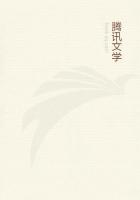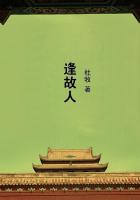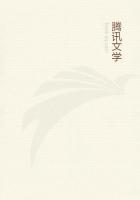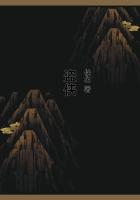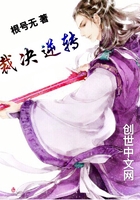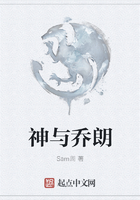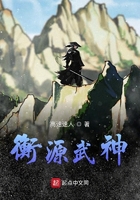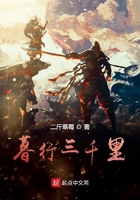"But what has happened?" asked the philosopher, in a low voice.
"What? Then you do not know yet the terrible events of the day, Mr. Professor?" exclaimed the postmaster, in dismay.
"I do not know any thing about them," said the philosopher, timidly, and almost ashamed of himself. "Perhaps you did not hear, in your study, the thunders of the artillery?"
"I heard occasionally a dull, long-continued noise, but I confess I did not pay any attention to it. What has occurred?"
"A battle has occurred," exclaimed the postmaster, "and when I say a battle, I mean two battles; one was fought here at Jena, and the other at Auerstadt; but here they did not know that a battle was going on at Auerstadt, and at Auerstadt, like you, Mr. Professor, they did not hear the artillery of Jena."
"And who has won the battle?" asked Hegel, feelingly.
"Who but the conqueror of the world, the Emperor Napoleon!" exclaimed the postmaster. "The Prussians are defeated, routed, dispersed; they are escaping in all directions; and when two French horsemen are approaching, hundreds of Prussians throw their arms away and beg for mercy! The whole Prussian army has exploded like a soap-bubble. The king was constantly in the thickest of the fray; he wished to die when he saw that all was lost, but death seemed to avoid him. Two horses were killed under him, but neither sword nor bullet struck him. He is retreating now, but the French are at his heels. God grant that he may escape! The commander-in-chief, the Duke of Brunswick, was mortally wounded; a bullet struck him in the face and destroyed his eyes. Oh, it is a terrible disaster! Prussia is lost, and so is Saxe-Weimar, for the Emperor Napoleon will never forgive our duke that, instead of joining the Confederation of the Rhine, he stood by Prussia and fought against France. Our poor state will have to atone for it!"
Hegel had listened sadly to the loquacious man, and his features had become gloomier and gloomier. He felt dizzy, and a terrible burden weighed down his breast. He nodded to the postmaster and went out again into the street.
But his knees were trembling under him. He slowly tottered toward his residence.
All at once a brilliant procession entered the lower part of the street. Drums and cheers resounded. A large cavalcade was now approaching.
At its head, mounted on a white horse with a waving mane and quivering nostrils, rode the man of the century, the man with the marble face of a Roman IMPERATOR, the Julius Caesar of modern history.
His eyes were beaming with courage and pride; a triumphant smile was playing on his lips. It was the TRIUMPHATOR ****** his entry into the conquered city.
The philosopher thought of the history of ancient Rome, and it seemed to him as though the face of the modern Caesar were that of a resuscitated statue of antiquity.
Napoleon now fixed his flashing eyes on the philosopher, who felt that this glance penetrated into the innermost depths of his heart.
[The writer heard the account of this meeting with the Emperor Napoleon from the celebrated philosopher himself in 1829. He described in plain, yet soul-stirring words, the profound, overwhelming impression which the appearance of the great emperor had made upon him, and called this meeting with Napoleon one of the most momentous events of his life. The writer, then a young girl, listened at the side of her father with breathless suspense to the narrative which, precisely by its simplicity made so profound an impression upon her, that, carried away by her feelings, she burst into tears. The philosopher smiled, and placed his hand on her head.
"Young folks weep with their hearts," he said, "but we men wept at that time with our heads." The authoress.]
Seized with awe, Hegel took off his hat and bowed deeply.
The emperor touched his hat smilingly, and thanked him; then he galloped on, followed by the whole brilliant suite of his marshals and generals.
The German philosopher stood still, as if fixed to the ground, and gazed after him musingly and absorbed in solemn reflections.
He himself, the Napoleon of ideas, had yet to win his literary battles in the learned world of Germany.
The emperor, the Napoleon of action, had already won his battles, and Germany lay at his feet. Vanquished, crushed Germany seemed to have undergone her last death-struggle in the battles of Jena and Auerstadt.

